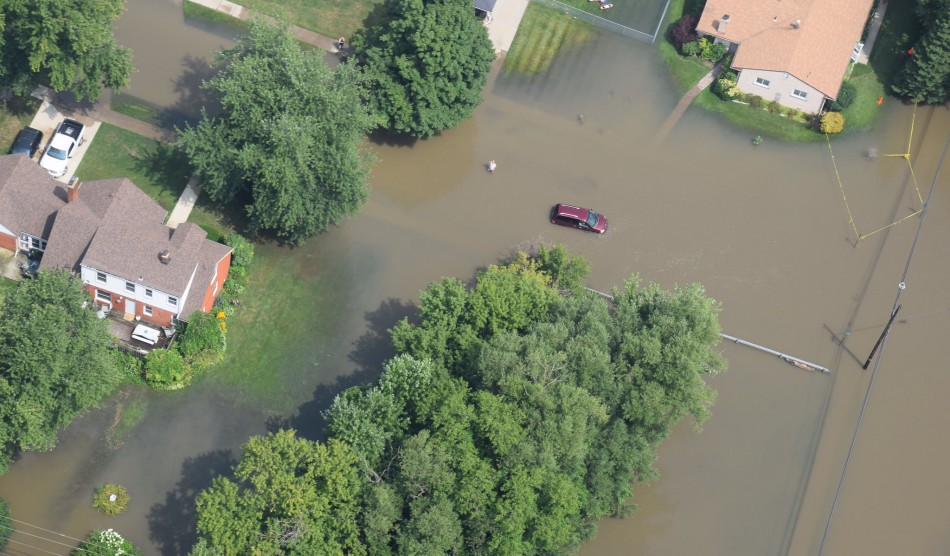

About The Clinic
The University of Michigan School for Environment and Sustainability (SEAS) Detroit Sustainability Clinic advances climate resilience, equity, and environmental justice for historically underserved communities in Detroit. We do this by providing resources and multi-year engagement opportunities that foster long-term relationships, and connect U-M partners with Detroit leaders, activists, and visionaries.
We place community needs at the forefront of all we do - believing that positive, lasting change can only be created through deep listening and collaboration.
History
With the generous support of the Kresge Foundation, the Clinic was founded in 2021 to build long-term capacity and partnership in Detroit, and to durably connect residents, nonprofit organizations, businesses and city government to SEAS resources - including subject matter experts, master’s and doctoral students, and collaborators. Kerry C. Duggan was appointed Founding Director of the Clinic.
Leveraging SEAS’ mission to have a real-world impact, the Clinic’s goal is to help improve the ability of the City of Detroit and nonprofits serving the city to address the impacts of climate change on the natural and built environment, human health and the city’s finances - while enhancing sustainability policy, climate action, equity, and providing students with real-world experiences and hands-on professional training to interact most effectively with overburdened communities. The Clinic uses a single point-of-contact, listening-first approach, and seeks to be a collaborative responder to community needs.
Our Work
To date, the Clinic has completed or has underway a total of twelve collaborative community projects, in tandem with SEAS faculty, students, and Detroit partners. More information about each of our projects will be available on our website in late 2024.
The Clinic’s inaugural partnership was with Jefferson East Inc. (JEI), a multi-service neighborhood organization that serves low-income populations on Detroit's east side and five historic adjoining neighborhoods. The JEI project team completed a multi-disciplinary investigation of historical and recent flooding events that devastated the Jefferson-Chalmers neighborhood and adjacent communities. The project identified short- and long-term efforts, which JEI, along with its local, regional, and state partners, can implement to minimize flooding and create a safe and resilient community. Read the team's final report here.

Focus Areas
The Clinic’s work to advance sustainability in Detroit includes three areas of focus:
- Seeking equitable and just solutions to the city’s most pressing sustainability-related issues;
- Lowering operating costs - particularly in energy management for city operations - while reducing carbon emissions; and
- Supporting the delivery of services directly to the city and, through partner programs, improve residents’ quality of life.
Efforts to achieve these goals will align with at least one of five Capacity and Technical Assistance Pillars:
- Environmental, Energy and Water Justice (including drinking water access and affordability)
- Housing and Neighborhoods
- Sustainability and Climate Action Planning
- Green Infrastructure and Watershed Mangement
- Circular Economy
The SEAS Sustainability Clinic is part of a broader statewide SEAS initiative that will launch in the coming months, and support the vision that the Great Lakes lead the nation in implementing 21st Century resilient infrastructures that address climate impacts, racial inequity, unemployment and economic fallout from the global pandemic.

